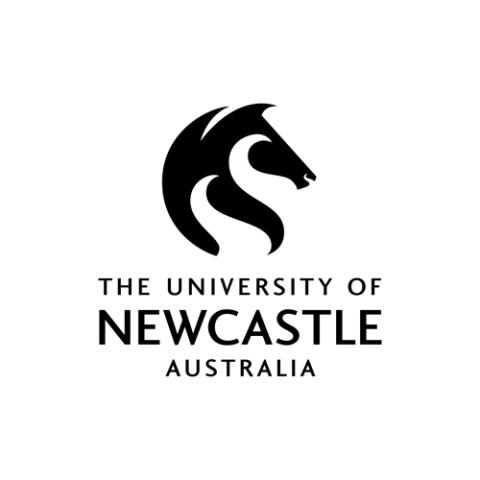
Building equitable learning pathways in higher education
You may also like
For half a century, equitable (also known as enabling) pathways have provided transformational experiences and outcomes across Australia. Importantly, these pathways are free and completely open access for students, not requiring any previous educational attainment or the attendance of interviews to enrol. This ensures equity of opportunity and prevents admissions performance criteria from inadvertently reproducing inequalities.
The first pathway of its kind in Australia was established at the University of Newcastle in 1974 and was called Open Foundation. Since this free programme was established, more than 70,000 people have participated in the university’s pathways suite. Among them, about 300 First Nations students participate annually.
Students and people across the country describe being struck by the powerful impacts that open-access equitable higher education pathways have on individuals, families and communities. Their inclusive educational philosophy centres on developing each student’s strengths, carefully building their foundational knowledge and academic skills, and helping them to apply their learning. This approach is better for memory and makes learning meaningful to students and their desired futures.
How to establish inclusive learning within universities
For those seeking to create more inclusive learning environments, it is important to:
Cater to unpredictable, evolving student needs
With an increasing number of students working longer hours, or having caring responsibilities, disabilities or significant financial and travel challenges, flexibility is needed to support students leading busy lives. You can factor evolving student needs into your teaching by offering flexibility not just through delivery (for example, offering both face-to-face classes and high-quality online learning resources depending on students’ changing needs within a term), but also by giving students greater autonomy in how they manage their time, such as through providing structured alternative due dates for assessments.
- Resources on equity, diversity and inclusion in higher education
- A guide to supporting student parents at university: part one
- More needs to be done to normalise and support students with caring responsibilities in HE
Incorporate content and applied learning activities that resonate with a diverse student body
Give students a choice of topics to apply course concepts to or allow them to choose their own topic, so that their learning becomes tailored to them. Topics or contexts might include students’ workplaces, homes, hobbies, sports or news items they consider important. You can then scaffold learning activities so that assessments also reflect students’ own experiences, life situations or aspirations.
Take a strength-based approach
Rather than rely on a deficit approach focused on what students don’t yet know, recognise the considerable knowledge and skills students bring to higher education. You can convey this during class discussions and reinforce their right to learn by embracing their strengths, incorporating their diverse backgrounds in your content and teaching and giving them the opportunity to develop at their own pace.
Guide students from the ‘known to the unknown’
Apply theoretical concepts to a range of diverse everyday topics or examples, and then ask students to workshop this together, finding their own meaningful examples while asking questions of each other and the teacher. Then, after scaffolding academic literacies and other requirements, ask students to convey an understanding of those concept/s and example/s in an assessment item.
Every unit of study and all pedagogies, curricula, supports and services across universities need to be informed about and focused on equity and inclusion. Too often, it has been the other way around, with students simply having to conform and change in order to survive in rigid and limiting educational systems or to not participate.
University pathways that include and clearly value all people make higher education and our communities better for everyone.
Anna Bennett is an associate professor and the director of the Pathways and Academic Learning Support Centre at the University of Newcastle, Australia.
If you would like advice and insight from academics and university staff delivered direct to your inbox each week, sign up for the Campus newsletter.
Additional Links
For more resources on this topic, see our spotlight on Indigenous voices in higher education.




